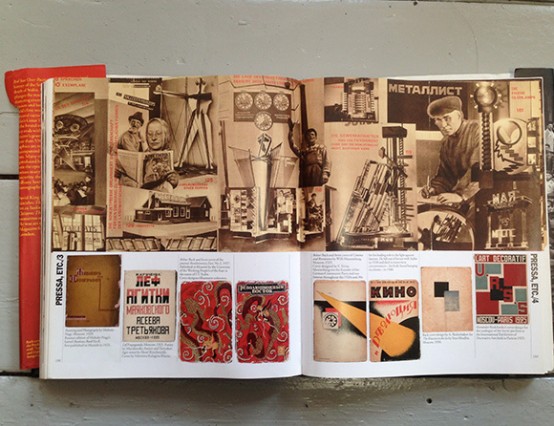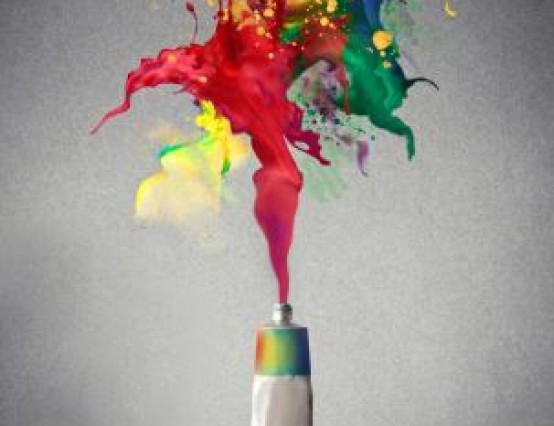In this world of fast trains and fast broadband and speed-dating, where every moment zips past disconcertingly efficiently, it is tempting to want to switch off, curl up and retreat into a haven of home comforts. This applies to politics as much as to anything else. The march of globalisation is as unflinching as ever, with 3.3% of the global population now living outside their home country, and it shows no sign of slowing down, making anti-globalism – the sociocultural equivalent of tea and toast – an increasingly appealing position. For both sides of this debate, however, one thing is indisputable: globalisation has turned the way we think about cultural identity upside-down. The chronically confused discourse surrounding culture in the West is symptomatic of this malaise – and it is holding us back.
The general trend, it seems, is that as cultures are increasingly exposed to one another, they borrow and blend each other's features until they eventually merge. This touches a nerve amongst immigrant communities. They are afraid that the social environment of their new country might threaten their household's identification with their country of origin, and thus an integral part of their very sense of self. Even if they might otherwise be rather progressive, the first-generation immigrants of my own metropolitan South Asian community in London protect their culture within the ramparts of their houses with a certain desperation, for fear that their identity might be put into question. It is as if they are trying to grasp at it as it slips, sand-like, through their fingers. Some other communities go further: ghettoisation, whereby immigrants cluster together and let limited amounts of influence from the host country trickle in, has existed in the USA since the turn of the last century and is starting to become a European problem this century.
This can indeed be an involuntary result of low social mobility. In London, however, the Location Quotients (a measure of the concentration of a given group in a certain location) of some immigrant demographics are high even in fairly wealthy areas, implying that there may be other motivations for the tendency of immigrants to group together. Regardless of income level, when they do group together like this, the result is generally the same: an apparent space warp which transports the visitor to the relevant country, complete with signs in said country's mother tongue and air thick with the pungent scents of its native spices. While there are plenty of immigrants who do assimilate, it is significant - and somewhat worrying - that the ever-increasing extent of globalisation seems to be coinciding with an ever-increasing amount of opposition to its implications.
This defensive attitude is seeping from the cultural fortresses of some immigrant communities into wider society. Nobody needs reminding of the firm repudiations of globalisation delivered by the ongoing populist wave, but perhaps the starkest example of the mismatch between geopolitical reality and cultural attitudes is the debate over cultural appropriation. The periodicity of this debate is almost comical. Every so often, an actress wears cornrows or a singer wears a sari or a university canteen deigns to serve sushi, and social media erupts with debates – always the same debates - over whether they have the 'right' to do so. A few months after the internet tires of such quibbling, someone else dares to 'steal a culture' and the same row and subsequent Twitter tempest ensue. As tiresome as this discussion may now be to anyone who spends much time on political social media, it is a discussion with important implications concerning how the modern West approaches cultural issues.
One thing that immediately stands out is the word 'appropriation' – it is not cultural sharing, borrowing or adopting, but appropriation. The word comes from the Latin ad ('to') + propriare ('to take as one's own'), a similar etymological origin to that of words like 'property' and 'propriety.' As such, the concept has an intimate lexical relationship with ownership, and can be taken to mean 'taking ownership' of a cultural item as if it were a possession over which one can have legal rights. There are obvious logistic problems with treating culture as a legally-defined possession to which only certain groups can have access: if Kylie Jenner wants to wear cornrows, whom exactly must she ask for permission in order not to be 'appropriating'? Is there a legally-binding contract? How much black ancestry would permit her to wear them without needing permission?
Culture is not like a new drug whose production process and techniques can be patented: it is dynamic, subjective, messy, human. Racism is still an enormous social problem, and certain races are still often portrayed in obviously derogatory and dehumanising ways. However, painting almost every instance where a person of one ethnic background eats food, wears clothes, produces music or even uses language (like Ebonics) originating from another as theft is not the solution to this problem; it is quite the opposite. It draws lines around cultures, turning them into separate, segregated categories with no room for the mutual understanding and appreciation which has contributed so greatly to the fight against racism. Attempting to fight racism with its own causes - wrong-footed concepts of 'cultural purity' – will benefit no one.
What's more, this proprietary notion of culture is blind to the reality of our world. As I write, cultural globalisation is building bridges and breaking down barriers, and this is something we should embrace. The more we can work together as a species and pool our knowledge, the better we can solve the endemic problems of our civilisation and the further we can progress. But to do this, we need to stop viewing culture as an exclusive possession, and start viewing it as a magnificent display of human creativity and emotion which everyone can enjoy, share and participate in. Only this will help us to get to grips with our changing world.
Sources:
- http://www.unfpa.org/migration
- https://www.bostonfed.org/publications/regional-review/1997/spring/ghettos-the-changing-consequences-of-ethnic-isolation.aspx
- http://news.bbc.co.uk/1/hi/world/europe/4375910.stm
- http://www.qualitative-research.net/index.php/fqs/article/view/1480/2983
- https://www.theguardian.com/fashion/shortcuts/2015/jul/13/kylie-jenner-cornrows-racial-politics-hair
- http://www.teenvogue.com/story/hymn-for-the-weekend-cultural-appropriation
- http://www.bbc.co.uk/newsbeat/article/36804155/lena-dunham-says-sushi-is-cultural-appropriation
- http://www.etymonline.com/index.php?allowed_in_frame=0&search=appropriate











This is a really important issue - accusing someone of cultural appropriation is just ridiculous and causes more stigma than there already is.